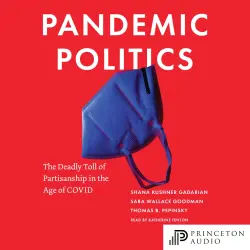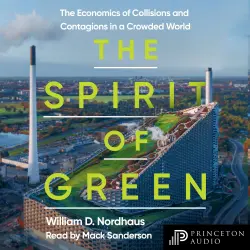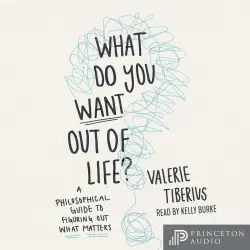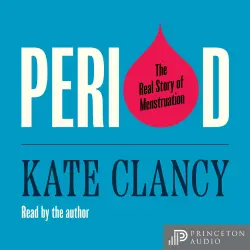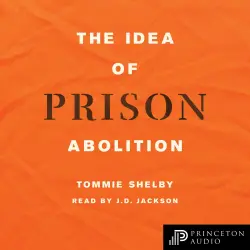
Eco-Types - Five Ways of Caring about the Environment
Emily Huddart Kennedy
Explore diverse eco-social relationships and overcome political polarization in Eco-Types by Emily Huddart Kennedy, narrated by Jennifer Woodward.
Unabridged
9 Stunden 27 Minuten
Hinweis: Für das Abspielen der Hörbücher oder Hörspiele können auf den jeweiligen Plattformen, wie z.B. Spotify, Kosten anfallen. Lismio hat keinen Einfluss darauf, welche Hörbücher und Hörspiele bei dem Service verfügbar sind.
Einige Artikel enthalten Affiliate-Links (gekennzeichnet mit einem Sternchen *). Wenn ihr auf diese Links klickt und Produkte kauft, erhalten wir eine kleine Provision, ohne dass für euch zusätzliche Kosten entstehen. Eure Unterstützung hilft, diese Seite am Laufen zu halten und weiterhin nützlichen Content zu erstellen. Danke für eure Unterstützung!
Vom Herausgeber
This audiobook narrated by Jennifer Woodward explains why acknowledging diverse eco-social relationships can help us overcome the political polarization that undermines our ability to protect the environment
When we picture the ideal environmentalist, we likely have in mind someone who dedicates herself to reducing her own environmental footprint through individual choices about consumption-driving a fuel-efficient car, for example, or eating less meat, or refusing plastic straws. This is a benchmark that many aspire to-and many others reject. In Eco-Types, Emily Huddart Kennedy shows that there is more than one way to care about the environment, outlining a spectrum of eco-social relationships that range from engagement to indifference.
Drawing on three years of interviews and research, Kennedy describes five archetypal relationships with the environment: the Eco-Engaged, often politically liberal, who have an acute level of concern about the environment, a moral commitment to protect it, and the conviction that an individual can make a difference; the Self-Effacing, who share the Eco-Engaged's concerns but not the belief in their own efficacy; the Optimists, often politically conservative, who are confident in their relationship with the environment, doubt the severity of environmental problems, and resent insinuations that they don't care; the Fatalists, who are pessimistic about environmental decline and feel little responsibility to adopt environment-friendly habits; and the Indifferent, who have no affinity for any part of the environmental movement.
Kennedy argues that when liberals feel they have a moral monopoly on environmental issues, polarization results. If we are serious about protecting the planet, we must acknowledge that we don't all need to care about the environment in the same way.
When we picture the ideal environmentalist, we likely have in mind someone who dedicates herself to reducing her own environmental footprint through individual choices about consumption-driving a fuel-efficient car, for example, or eating less meat, or refusing plastic straws. This is a benchmark that many aspire to-and many others reject. In Eco-Types, Emily Huddart Kennedy shows that there is more than one way to care about the environment, outlining a spectrum of eco-social relationships that range from engagement to indifference.
Drawing on three years of interviews and research, Kennedy describes five archetypal relationships with the environment: the Eco-Engaged, often politically liberal, who have an acute level of concern about the environment, a moral commitment to protect it, and the conviction that an individual can make a difference; the Self-Effacing, who share the Eco-Engaged's concerns but not the belief in their own efficacy; the Optimists, often politically conservative, who are confident in their relationship with the environment, doubt the severity of environmental problems, and resent insinuations that they don't care; the Fatalists, who are pessimistic about environmental decline and feel little responsibility to adopt environment-friendly habits; and the Indifferent, who have no affinity for any part of the environmental movement.
Kennedy argues that when liberals feel they have a moral monopoly on environmental issues, polarization results. If we are serious about protecting the planet, we must acknowledge that we don't all need to care about the environment in the same way.


